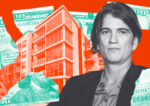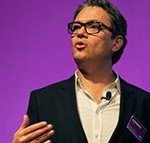 Rodrigo Niño: Above the crowd
Rodrigo Niño: Above the crowd
Trending
Real estate crowdfunding pioneer Rodrigo Niño dies
Prodigy Network founder had stepped down from troubled firm in September
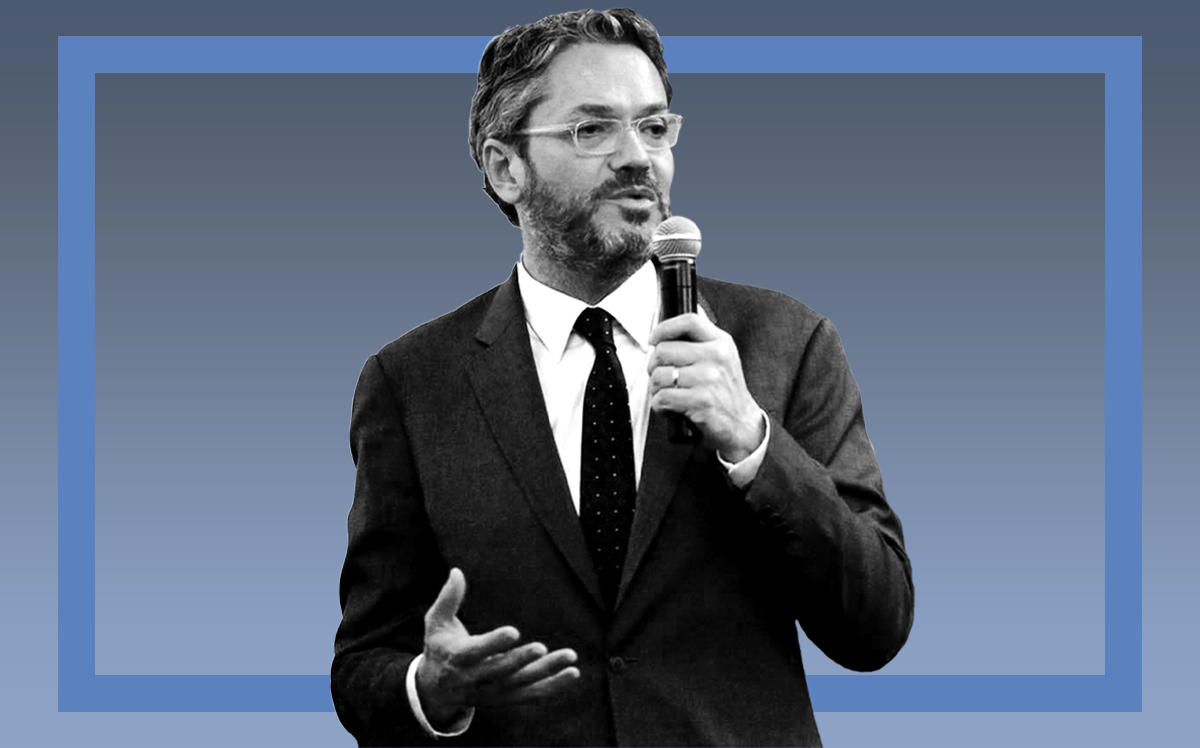
Rodrigo Niño, who went from selling condos at Trump Soho to founding a high-profile New York crowdfunding platform, has died at 50.
Niño had been receiving treatment for cancer for several months. His death was first reported by La Republica, a publication in his native Colombia.
The year leading up to his death had been a rocky one: Niño and his firm, Prodigy Network, had been hit with a string of lawsuits from investors in several commercial properties in New York and Chicago. The investors claimed they had lost money because of poor returns on the buildings and unpaid distributions. Many accused Prodigy of poor communication.
In interviews with The Real Deal last year, Niño appeared both candid and defiant in the face of the claims. He acknowledged returns on the company’s investment offerings were not what he had hoped. Still, he said he was convinced that the company could turn around.
But Prodigy’s woes only grew. Last September, as disquiet from investors and legal troubles mounted, Niño announced he was stepping down as CEO. In a statement to TRD, he said he had signed a memorandum of understanding with a group of investors who would take over the company and “rebuild the trust of our investors.”
Days later, he announced that his cancer had returned.
Read more
 Rodrigo Niño: Above the crowd
Rodrigo Niño: Above the crowd
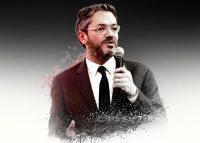 Embattled Prodigy Network CEO Rodrigo Niño to step down
Embattled Prodigy Network CEO Rodrigo Niño to step down
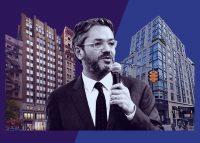 Crowdfunding firm seeks $30M bailout for second commercial building
Crowdfunding firm seeks $30M bailout for second commercial building
Known for his energetic personality and interest in spirituality, Niño founded Prodigy as a brokerage in Miami in 2003, specializing in selling real estate to Latin American clients. In 2007 he moved to New York after the Sapir Organization asked him to market Trump Soho, a 391-unit hotel-condominium developed in partnership with Bayrock Group and the Trump Organization. (“The timing couldn’t have been worse,” he later recalled, referring to the housing crash and recession that was about to hit.)
In 2011, Niño was diagnosed with stage three melanoma and had two rounds of surgery. His faith in traditional medicine waned, so he decided to travel to the Peruvian jungle to take ayahuasca, an ancient Amazonian brew known to induce hallucinations.
In a 2018 interview, he recounted that over the course of two weeks in the jungle, he felt his fear disappear and experienced a “field of invisible energy that binds all living things together.”
The experience proved transformative, and after returning to New York he pivoted his business to crowdfunding, hoping to democratize real estate by making it accessible to ordinary people.
The idea was novel at the time: Niño was one of the earliest adopters of crowdfunding, which took off in the US around 2013 after a federal regulatory change, and he soon earned a reputation as a pioneer in the space.
In addition to Prodigy’s U.S. projects, Niño worked on a major crowdfunding development in Colombia, dubbed BD Bacatá, which was billed as the tallest tower in the country but later ran into problems.
Niño appeared to relish in his role as an outsider shaking things up.
“Commercial real estate is a very boring asset class and I am very happy disrupting it,” he told TRD in a 2015 profile.
The company later claimed to have raised nearly $650 million from 6,500 retail investors for a collection of projects in New York and Chicago, which included an extended-stay property in the Financial District, known as AKA Wall Street, and a high-end co-working space named The Assemblage.
But many of the projects failed to meet expectations.
Returns that had been forecast could not be met, and the company halted payments to investors in several buildings last June — asking for more time. Earlier this year, as investors grew restless, the firm asked those involved in two New York projects for money to keep the projects afloat. If the money couldn’t be secured, the letters warned, the investors would likely lose their payments in full.
In a video posted online last month, Niño thanked investors for their patience and acknowledged the difficulties. “I know you have gone through a lot,” he said. It is unclear what Niño’s death means for Prodigy and its investors, many of whom are concerned about the health of the company and the status of their money.
Throughout his troubles, Niño was committed to ideas about consciousness and community, hoping that his business — in particular The Assemblage, a co-working space that features meditation rooms and hosts social events focused on wellness — would help to foster a “collective consciousness evolution,” moving society away from individual interests and toward an emphasis on collective good.
His last post to Instagram, dated April 23, featured a series of white words etched onto a starry night’s sky. “The old cycle has ended, something new has just begun,” it opened.
“Trust that whatever happens next will take you where you’re supposed to be.”
Write to Sylvia Varnham O’Regan at so@therealdeal.com



